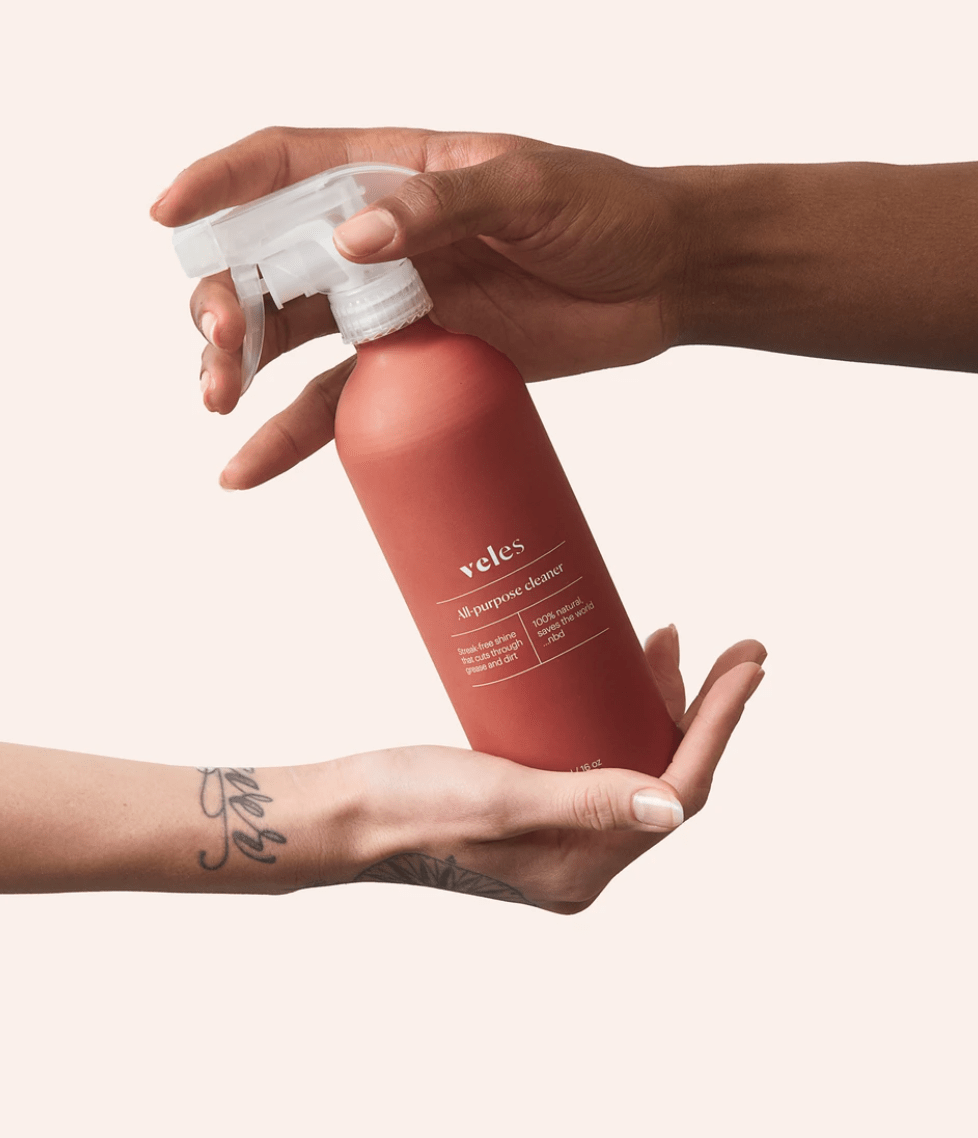There are many startups innovating around food waste. From creating platforms to channel produce seconds to market, blending it into dog food, or converting food waste into fertilizer. But one startup is turning an R&D twist of fate into a new approach to tackling food waste.
What started as an idea around creating a network of urban biorefineries that processed local food waste into ag products like fertilizer took a sudden turn during the R&D phase.
“I think it was an evolution,” Amanda Weeks, co-founder and CEO of Ambrosia, tells me, five years after we first spoke when her company was called Industrial/Organic. “We are still intending to open distributed biorefineries around cities. We have a demo facility in Newark that’s been operating since 2018. Initially, it just focused on the waste processing part of it, which is a really difficult nut to crack and the end products were a bit of an afterthought of the time. Fertilizer seemed like the obvious choice but because it’s obvious, a lot of other people are doing it, which is why we ended up going down a different path.”
In the latest episode of Future Food, I chat with Amanda about Ambrosia and its flagship household cleaning product derived from food waste called Veles. Labeled as 100% natural, the cleaning solution comes in a refillable aluminum bottle and can be purchased online. Amanda kindly sent me a sample and it’s a very sleek design, in a fully recyclable non-plastic bottle, with a pleasant smell!
“It was more or less a product right off the bat and that’s why we pursued it,” says Amanda about how she discovered the cleaning properties of the byproduct almost by chance.
Ambrosia is making the product at its New Jersey demonstration facility where it accepts as many as three tons of food waste every other week. The goal is to establish a facility next year in New York that is capable of processing 150 tons of food waste per day.
In the future, Abrosia hopes to develop additional consumer products to build on Veles. This may involve scaling up its processing capabilities to develop chemicals and ingredients from food waste.
As for the appeal of household consumer products, Ambrosia saw a number of attractive features.
“It’s a type of product that doesn’t require as much rigor in terms of claims, testing – not like selling fertilizer where we need case studies and have to convince farmers to buy it. With selling a consumer product there is a much lower barrier to entry and much shorter sale cycle so it felt like a low-hanging fruit so to speak.”
Hear Amanda speak about the challenges of building an agri-foodtech startup, especially as a woman founder, and how her career path went full circle on the recording below, or your favorite podcasting app. Enjoy!





